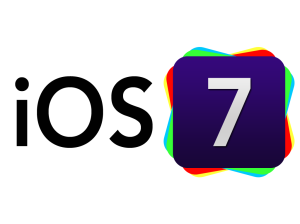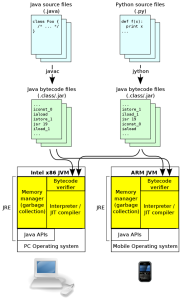 The much needed update to Face-Time has finally come up. Apple rolled out its iOS 7.0.4 update today. It is for iPhone, iPad and iPod touch. As usual it can be downloaded directly on air on the devices and also through iTunes. Face-Time users were facing issues of dropped calls earlier. The new update has brought changes and fixes to this. Now there is no problem of call drops in Face-Time any more.
The much needed update to Face-Time has finally come up. Apple rolled out its iOS 7.0.4 update today. It is for iPhone, iPad and iPod touch. As usual it can be downloaded directly on air on the devices and also through iTunes. Face-Time users were facing issues of dropped calls earlier. The new update has brought changes and fixes to this. Now there is no problem of call drops in Face-Time any more.
Another security update has been done that fixes in-app and app purchases of not being completed with insufficient authorization. There were reports earlier of users being able to complete transactions without giving a password in the login dialog box. Apple said they have addressed this by “additional enforcement of purchase authorization”.
iOS 6 is not left out too. Apple released iOS 6.1.5 too. FaceTime issues have been addressed in it and there is also a security update to the 4th generation iPod touch too.
The iOS 7.0.4 update is available over the air for the following:
- iPhone 4 and higher
- iPod Touch (5th generation) and higher
- iPad 2 and higher, with iOS 5 and higher
The location for updates is Settings > General > Software Update. For all others, it has to be manually downloaded. The updates are generally checked and installed the device is connected to WiFi and is plugged-in. It is highly recommended that data is backed up on iCloud or using iTunes before undergoing the updates.
